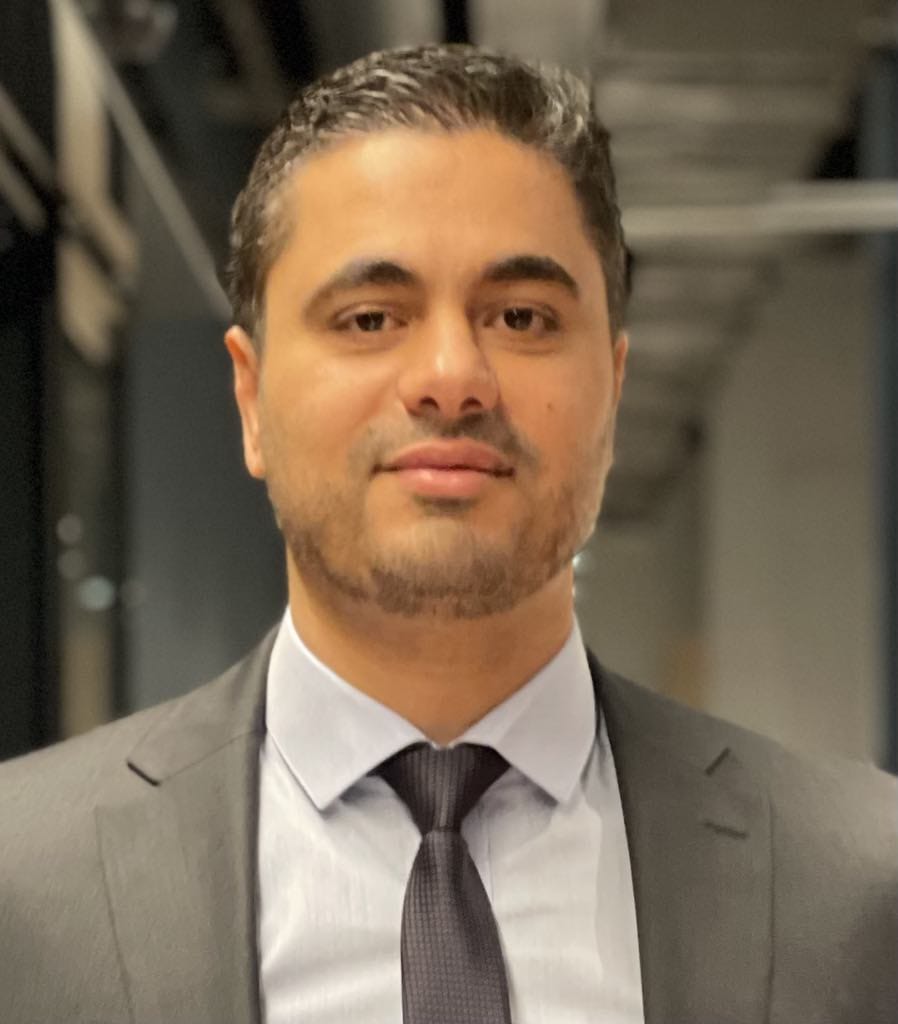فورة إعلامية كبيرة صاحبت ثورة السابع عشر من فبراير عام 2011 في ليبيا، حيث ظهر العديد من الصحف والقنوات المسموعة والمرئية على اختلاف توجهاتها، في مسعى لتأسيس تجربة إعلامية مهنية تعددية قادرة على تغيير نمط الإعلام بعد أربعة عقود من الإعلام الشمولي السلطوي في ليبيا.
هذه الطفرة الإعلامية شكل أغلب كوادرها الشباب حديثو العهد بالإعلام، ارتفع خلالها سقف الحريات والمطالب واتسم جل معالمها في التعويل على النفس الثورية مع غياب للمهنية في الكثير من الأحيان.
خلافات سياسية
ومع مرور الوقت ألقت الخلافات السياسية التي تشكلت بعد الثورة بظلالها على حالة الإعلام، وسرَّعت من عملية تحوله المبكر نحو الإعلام السياسي وخطاب التهييج والسقوط في مستنقع التهويل والتزوير على حساب الموضوعية والحياد، وارتهنت معظم الوسائل الإعلامية للأحزاب والقوى السياسية وهو الأمر الذي غير شكل الإعلام المأمول بعد الثورة، ومع ضعف مؤسسات الدولة القانونية والتشريعية تحول أغلب هذه الوسائل إلى مجرد منابر ومنصات لمهاجمة الخصوم السياسيين والتحريض عليهم.
في هذا الصدد يقول الكاتب الصحفي الليبي عبد الله الكبير: "تحرر الإعلام أثناء الثورة، وزادت مساحة الحرية خلال العامين التاليين لها، وشيئا فشيئا أخذ المشهد الإعلامي يتبلور وفقا للتيارات السياسية حتى بات في مجمله صدى للمواقف السياسية المختلفة والمتباينة، مع استثناءات بسيطة لمنابر إعلامية تسعى للالتزام بالمهنية والموضوعية".
التعددية الإعلامية التي تعيشها ليبيا الآن، لا تعكس بكل تأكيد الحلم الذ يبتغيه الليبيون بعد القضاء على الديكتاتورية، فهي ليست تعددية مهنية وإنما مؤسسات تتبع بشكل أو بآخر لأحزاب أو تيارات فكرية وأيديولوجية تسعى إلى الفوز بالسلطة محطمة في طريقها كل شيء.
وكنتاج طبيعي لهذه الحالة، تعرض العديد من وسائل الإعلام إلى الاعتداءات المتكررة وأغلق بعضها وانتقلت أخرى للبث من خارج البلاد، بالإضافة إلى تعرض العديد من الصحفيين للتهديد والابتزاز والخطف وحتى القتل في بعض الأحيان.
الأسوأ تاريخياً
وبحسب منظمات حقوقية وإعلامية محلية ودولية، فإن تدهور الحالة بدأ في نهاية عام 2013 وبداية عام 2014، معتبرين هذه الفترة هي الأسوأ في تاريخ ليبيا على كافة العاملين في مجال الإعلام والذين ترك الكثير منهم مجاله وأجبر بعضهم على مغادرة البلاد جراء الاعتداءات والتهديدات التي تطالهم في كل المدن لاسيما المدن الكبيرة مثل طرابلس وبنغازي.
المركز الليبي لحرية الصحافة - مركز غير حكومي - رصد خلال عام 2017 ست عشرة حالة عنف ضد صحفيين ومقرات لوسائل إعلام في مختلف المدن الليبية، مشدداً على أن مهنة الإعلام هي الأكثر تعقيداً في ليبيا وتُجابه تحديات ومعوقات متعددة في ظل تزايد الانقسام السياسي وتحوله صوت الحرب والسلاح، وأكد المركز في تقرير له أن عام 2017 هو أكثر السنوات اتساماً بخطابات الكراهية والتحريض على العنف، كما تذيلت ليبيا القائمة المتعلقة بوضع الصحفيين في العالم التي أعدتها منظمة "مراسلون بلا حدود".
الحرية والإعلام
الحرية المطلقة لا تصنع إعلاماً بكل تأكيد، فرغم انفتاح باب الحريات بشكل غير مسبوق لم يمكّن ذلك ليبيا من التأسيس لتجربة إعلامية مهنية تعددية تسهم في تقدم البلاد، غياب التشريعات والهيكلة الحقيقة لشكل الإعلام أفشل كافة المحاولات للوصول إلى إعلام مهني حديث.
وحول هذا الأمر يقول محمد بن طاهر، رئيس قسم الإعلام بجامعة مصراته "الإعلام الليبي انتقل من إعلام موجه إلى إعلام مفتوح غير مقيد، وكان كردّة فعل على إعلام القذافي سابقا، كما دخل لمجال الاعلام أشخاص غير مهنيين أضروا به، وأرى أن أغلب ما تعانيه ليبيا حاليا يأتي من التضخيم والتزييف والتسويق الإعلامي".
أسس غير سليمة
وزاد من تدهور الوضع الإعلامي غياب أي فرص للإصلاح من كافة الحكومات المتعاقبة في البلاد، فلا شيء غير الوعود وهو الأمر الذي تسبب في بناء العديد من وسائل الإعلام نظمها وتشريعاتها على أسس غير صحيحة، وبذلك لم يعد الصحفي هو الضحية فقط، بل ساهم العديد منهم في تردي حالة الإعلام نظراً لغياب القوانين، فتدخل أصحاف النفوذ في غرف الأخبار وتحولت بعض الشخصيات التي طالما اشتهرت بالكذب والتحريض إلى إعلاميين فجأة، لهم برامجهم الخاصة وتُترَك لهم المساحة للحديث في الشاشات لساعات طويلة.
أبعد من ذلك، وصل الحال ببعض الصحفيين إلى تقمص دور المحقق مع المشتبه بهم من خلال برامج بثت على الهواء مباشرة، الأمر الذي دعا العديد من المراكز الحقوقية والصحفية إلى التحذير من تفشي ظاهرة التحريض والتي ازدادت بشكل ملحوظ خلال الأعوام القليلة الماضية، مشددين على أن الصحفيين الذي يشاركون في هذه الأعمال سيتعرضون للمحاسبة القانونية يوماً ما.
غياب التشريعات
غياب المعايير الدقيقة للإعلام وعدم وجود أي جسم تشريعي يحدد ميثاق شرف المهنة والغياب التام للمؤسسات القانونية والقضائية في البلاد، بالتزامن مع سيطرة الشخصيات النافذة على غرف أخبار العديد من القنوات الإعلامية، أسهم في تردي الوضع الإعلامي وفاقم في تفشي ظاهرة خطاب الكراهية، ما جعل العديد من المسؤولين والصحفيين يظنون أنهم بعيدون كل البعد عن العقاب والمحاسبة، وأضحت النقاشات تتمحور فقط حول أهمية وجود وزارة للإعلام من عدمها دون التطرق للمشكل الحقيقي، وهو عدم وجود قوانين وتشريعات لتسيير العمل الإعلامي.
وفي هذه النقطة يقول الصحفي أحمد الشيخ: "الأمر يعتمد على القوانين التي ستضعها الدولة، فالقانون إن كان مجحفا في حق الإعلام سيكون هو المشكلة سواء أكان هذا القانون صدر من وزارة أو هيئة أو مؤسسة".








































